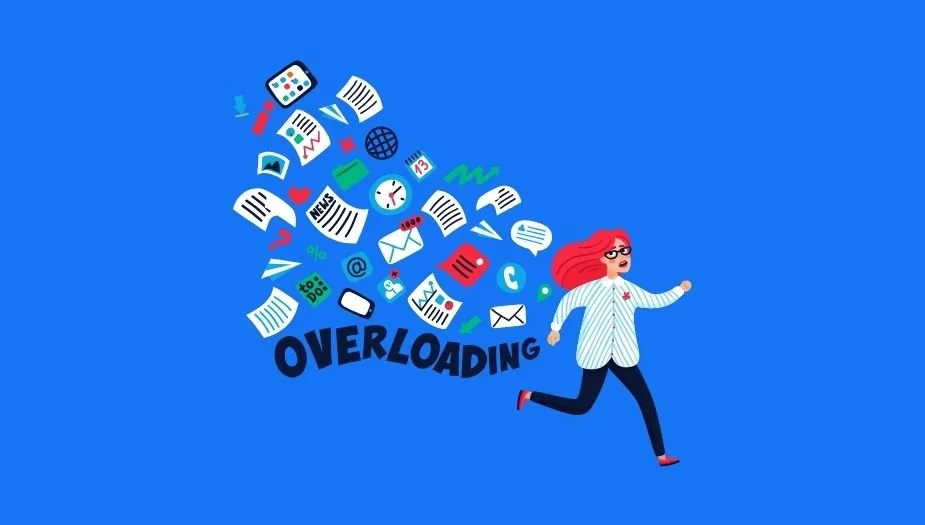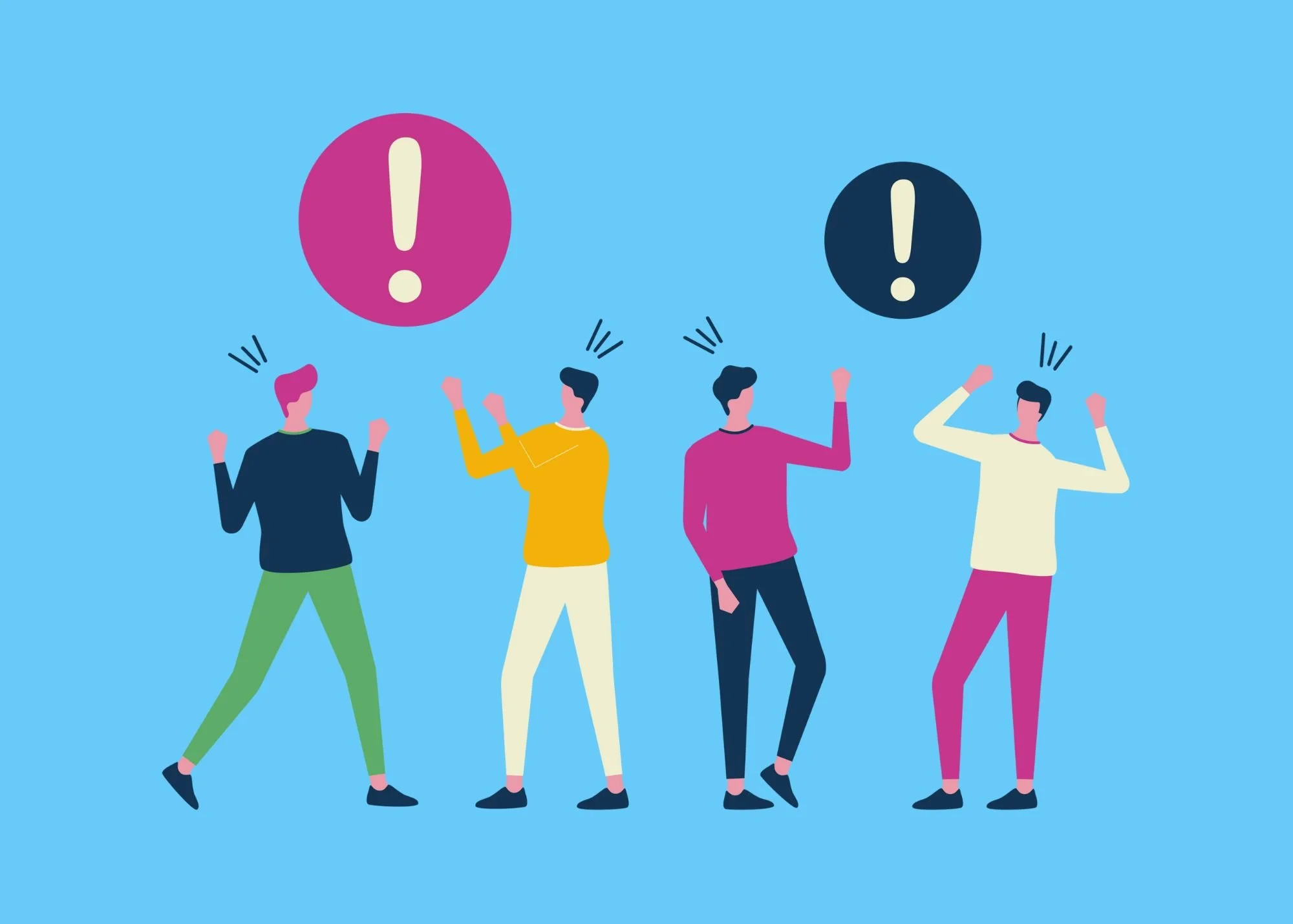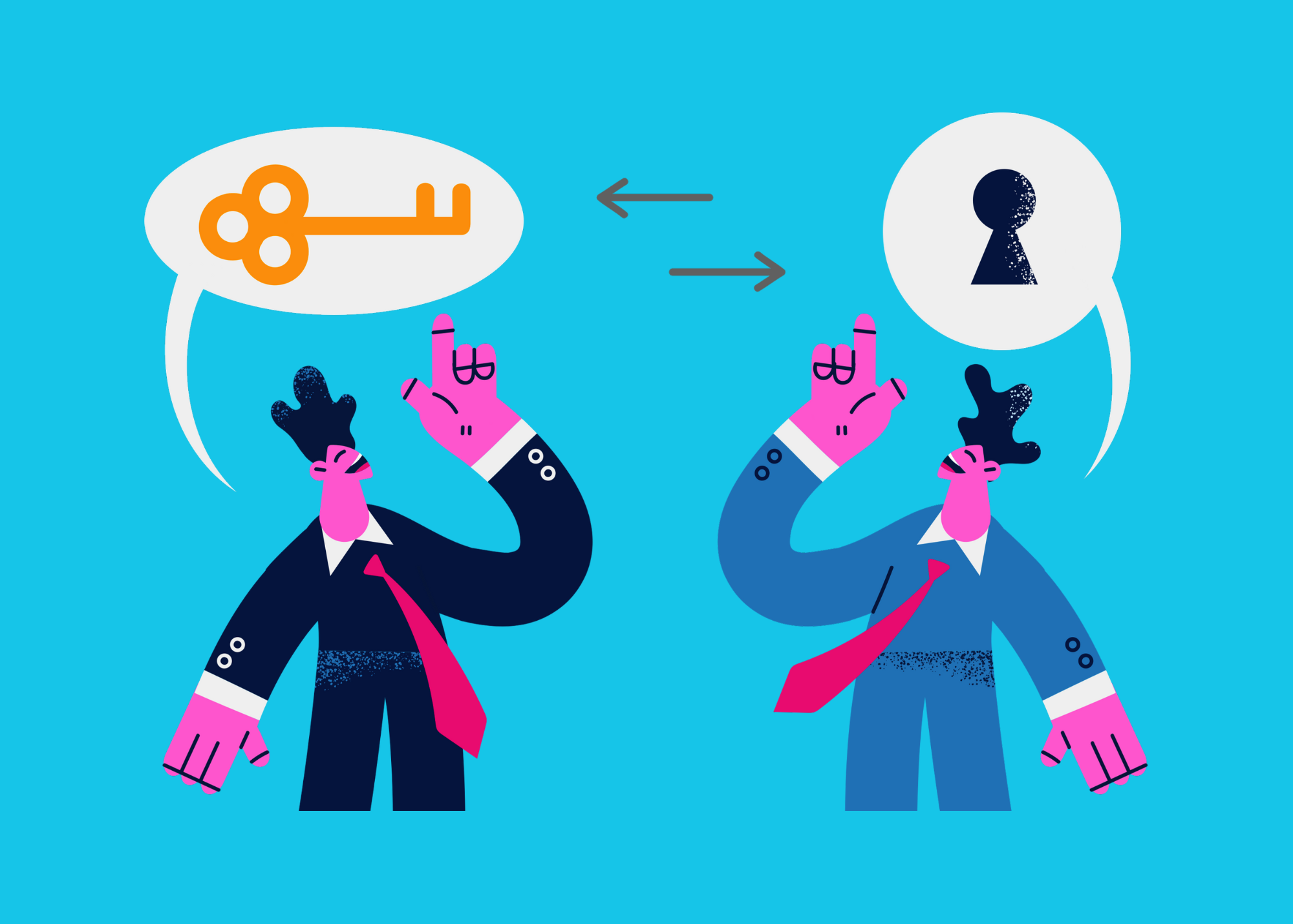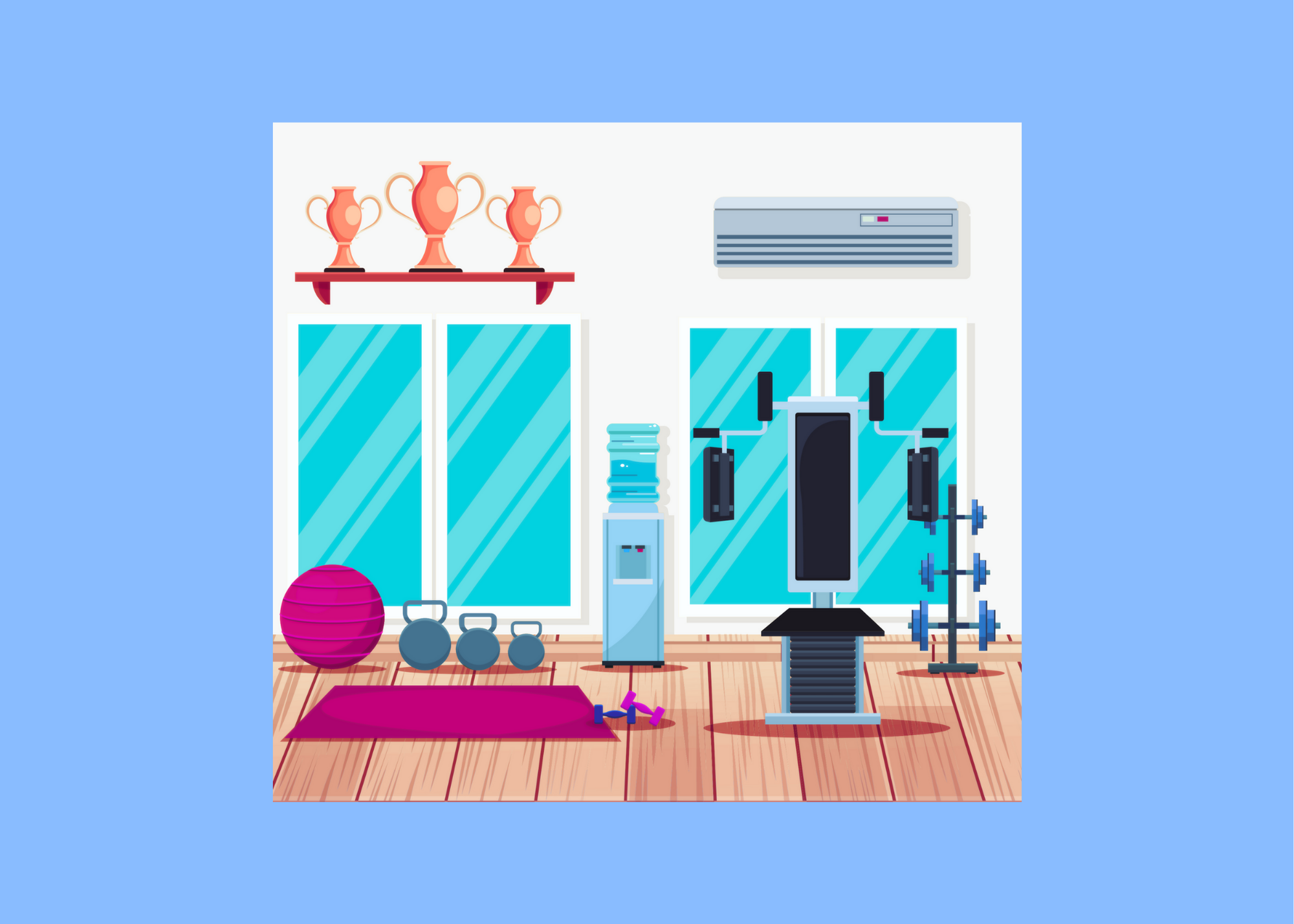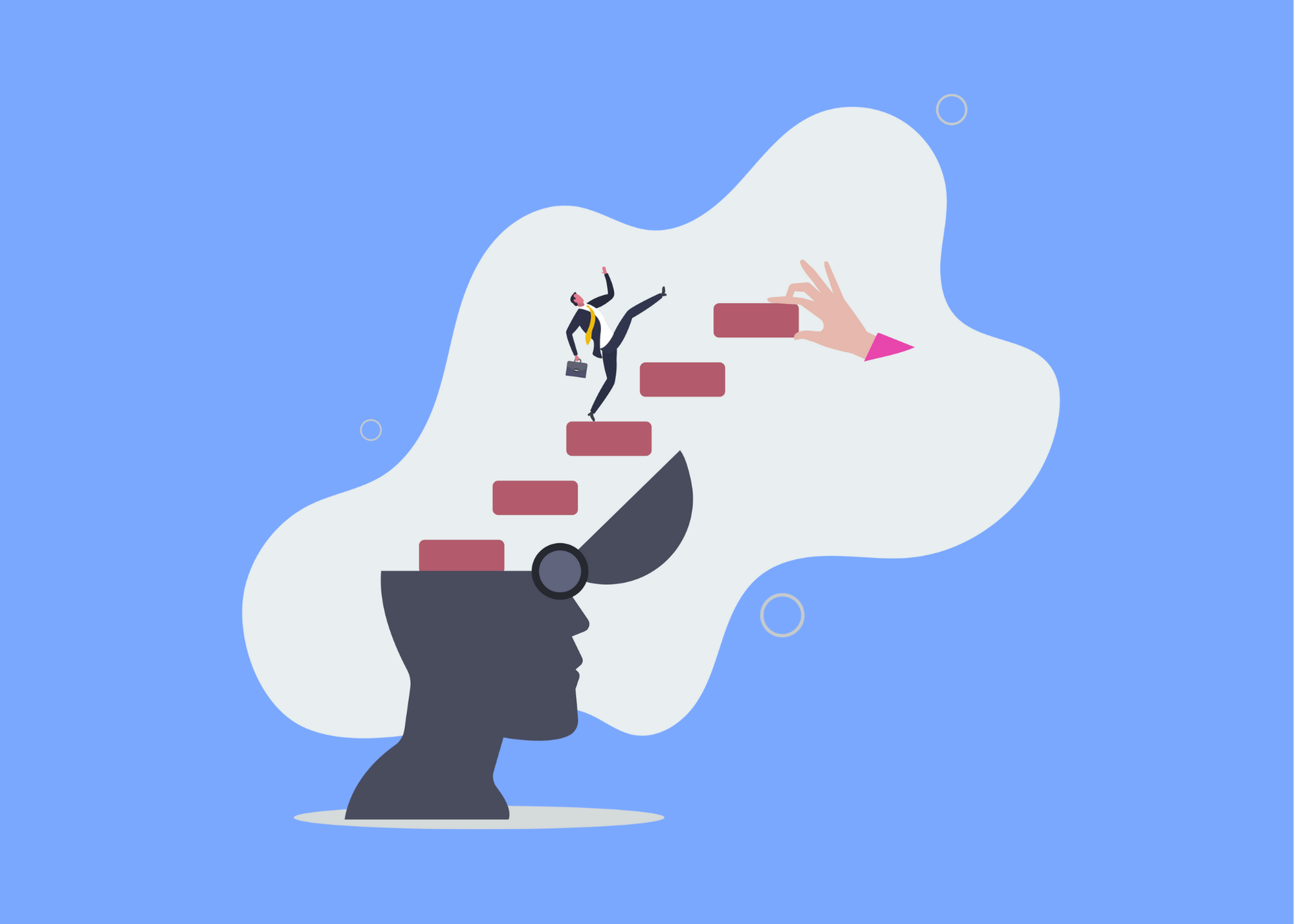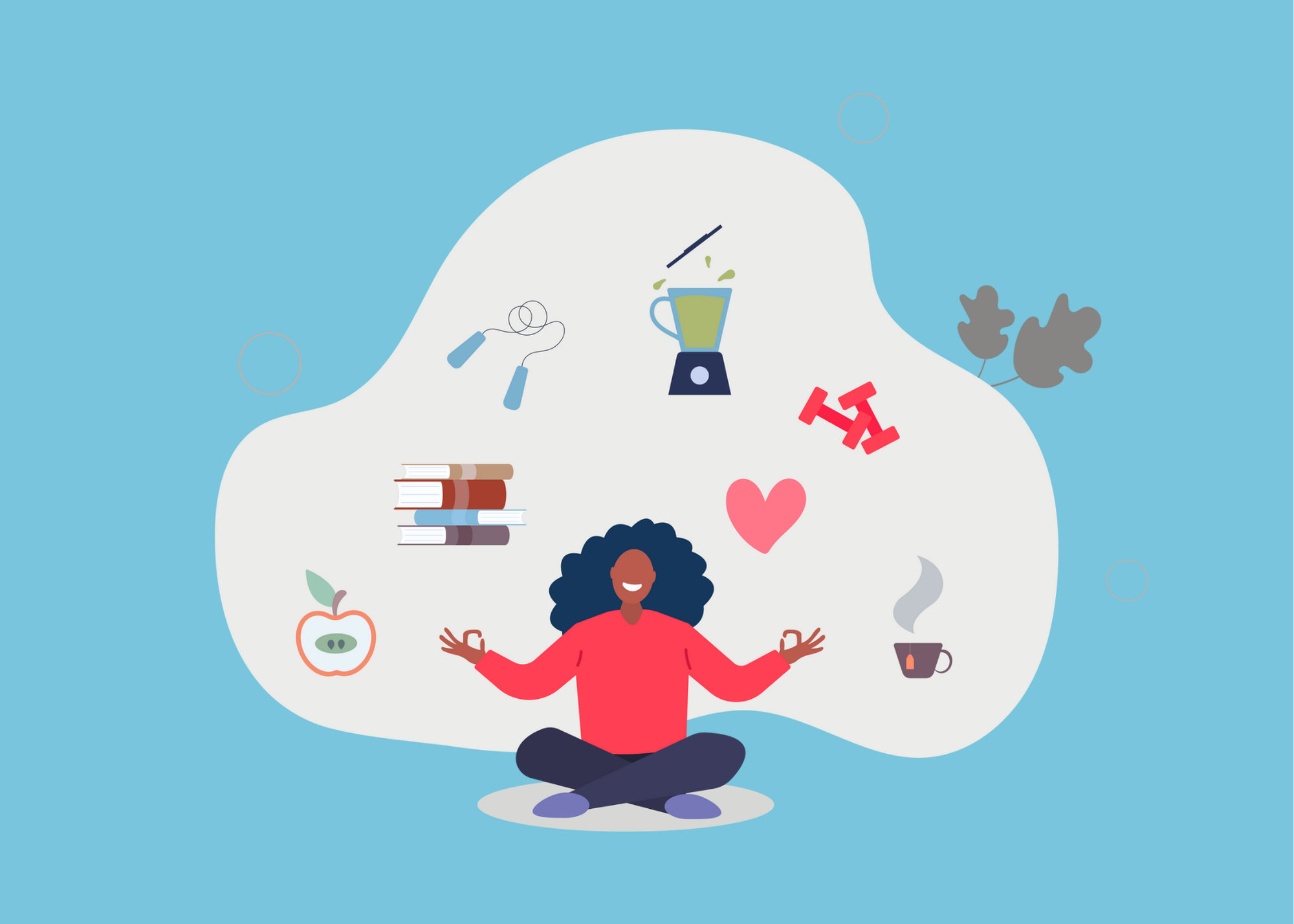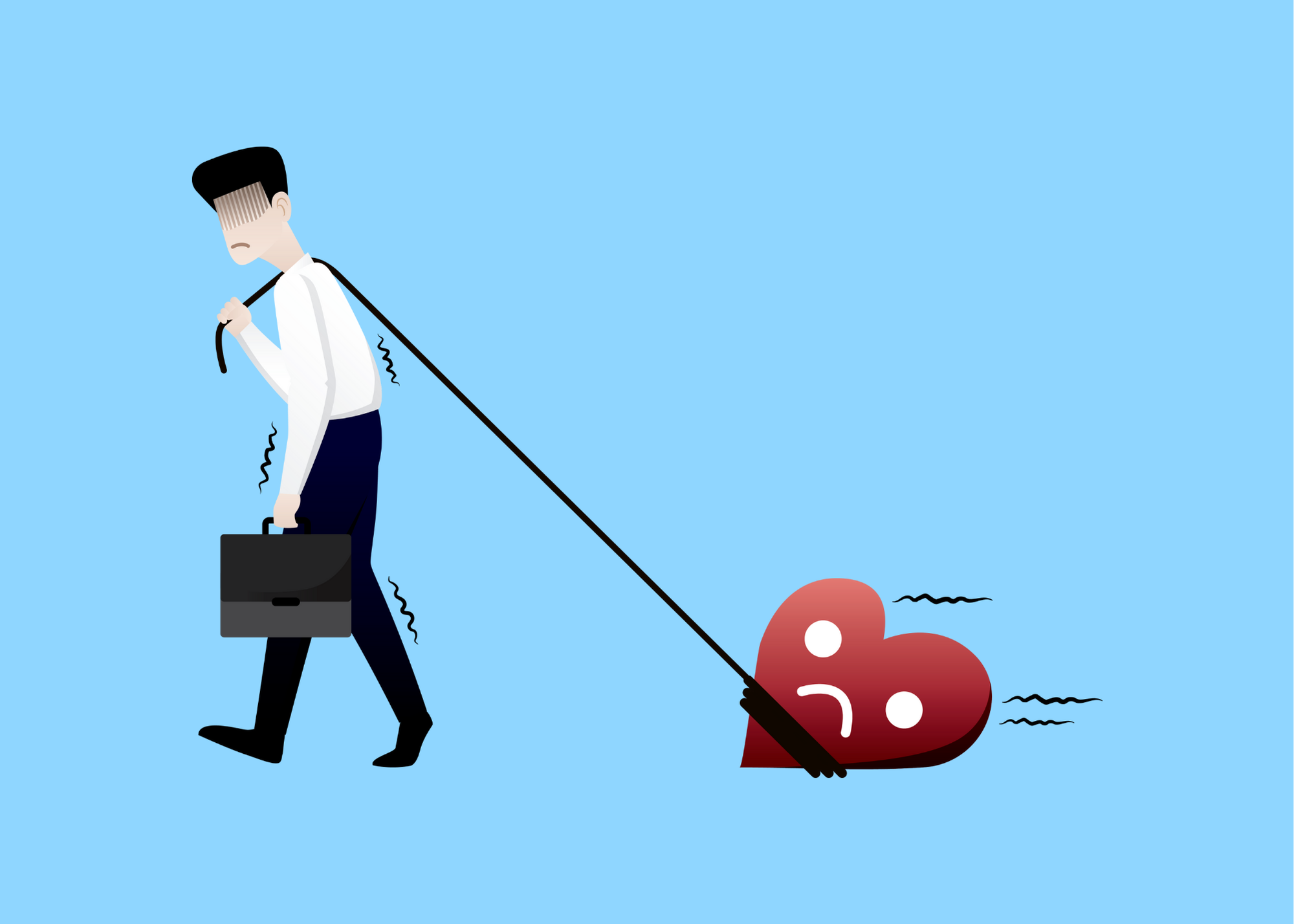Choice Overload (Paradox of Choice): The More Options, The More Chaos
Too many choices, too little clarity.
You need a new pair of running shoes. Simple enough, right? Until you open a shopping app and suddenly face hundreds of options—different brands, styles, price points, customer ratings, and color combinations. Thirty minutes in, your cart is still empty, your brain is fried, and you’re no closer to making a decision. Exhausted, you close the app and walk away.
Sound familiar? That’s choice overload, also known as the paradox of choice—when too many options leave you paralyzed rather than empowered.
What Is Choice Overload?
Choice overload occurs when an abundance of options makes decision-making overwhelming. Instead of feeling more in control, you feel trapped in an endless loop of comparisons, second-guessing, and fear of making the "wrong" choice.
In theory, more choices should be a good thing. We value freedom and autonomy, after all. But when faced with too many options, our cognitive resources get stretched thin, leading to indecision, dissatisfaction, and mental exhaustion.
Why More Choices Feel Worse, Not Better
Studies show that having too many choices can:
Increase anxiety. The more options available, the more pressure you feel to make the "perfect" choice.
Lead to decision fatigue. The mental energy required to process multiple options depletes your cognitive resources.
Create regret and dissatisfaction. Even after choosing, you may feel unsure whether you made the best decision, leading to lingering doubt.
Cause avoidance or procrastination. When a decision feels too complicated, you may put it off indefinitely.
The paradox? A world full of choices is supposed to make us happier, but in reality, it often leaves us feeling more stressed, stuck, and unsatisfied.
How Choice Overload Shows Up in Your Life
If you’re a busy professional juggling responsibilities, choice overload isn’t just an issue when shopping—it affects every area of your life:
Career decisions: Should you stay at your current job, switch companies, or start your own business?
Health and fitness: With endless workout routines, diets, and wellness trends, which one is the "right" choice?
Productivity tools: Notion, Trello, Asana, Google Keep—so many options, but which one will actually help you?
Streaming content: How often do you spend 20 minutes scrolling through Netflix, overwhelmed by choices, before giving up?
When everything requires a decision, mental exhaustion becomes inevitable.
How to Escape the Trap of Choice Overload
Instead of drowning in options, simplify your decision-making process. Here’s how:
1. Set Clear Decision Criteria
Before diving into a sea of options, define what matters most.
Buying a new laptop? Prioritize battery life, processing speed, and price.
Choosing a gym? Decide what’s most important—location, class variety, or price.
Picking a productivity tool? Focus on usability and integration with your current systems.
When you have clear criteria, filtering out irrelevant options becomes much easier.
2. Limit Your Options Upfront
Instead of exploring every possible choice, narrow your selection to a few strong contenders.
Use the "Rule of Three": Only compare three options at a time.
Set a time limit: Give yourself a set amount of time to research and then make a decision.
Pick a trusted source: Instead of reading 100 Amazon reviews, rely on a reputable recommendation.
Fewer choices mean less mental strain.
3. Accept "Good Enough" Over "Perfect"
Perfectionism fuels choice overload. Instead of seeking the "best" option, ask yourself:
"Is this good enough for my needs?"
"Will this decision have long-term consequences, or can I adjust later?"
"Will I still care about this choice in six months?"
Chances are, as long as the option meets your core needs, it’s good enough.
4. Make Reversible Decisions When Possible
Knowing you can change your mind reduces pressure.
Choose stores with good return policies.
Opt for free trials before committing to subscriptions.
Test out new habits on a short-term basis before fully committing.
When the stakes feel lower, decision-making becomes easier.
5. Automate and Standardize Where You Can
Reduce daily decision-making by creating routines and defaults:
Meal planning: Eat the same breakfast or prep meals in advance.
Work wardrobe: Rotate a few go-to outfits instead of picking from a closet full of clothes.
Fitness routines: Stick with a set schedule instead of debating workouts each day.
The more you can automate, the more mental energy you’ll have for important decisions.
6. Trust Your Intuition
Sometimes, overanalyzing blocks clarity. If you’ve done reasonable research and still feel stuck, listen to your gut.
Does one option "feel" right?
Do you keep coming back to the same choice?
Are you only hesitating out of fear of making the "wrong" decision?
Trust yourself—you know more than you think.
Final Thoughts: Simplicity Over Chaos
Choice is a privilege, but too much of it can feel like a burden. Instead of chasing the "perfect" decision, aim for clarity, simplicity, and ease.
By setting clear decision criteria, limiting options, embracing "good enough," and creating routines, you can break free from choice overload and reclaim your mental energy.
Because at the end of the day, the best choice is the one that gets you moving forward—not the one that leaves you stuck in indecision.
Need Help? You don’t need to have it all figured out to move forward.
Uncertainty isn’t failure—it’s a sign you’re ready for something deeper.
💡 Let’s explore what’s next, without pressure. Book your free 20-minute consult today.
Article References
The sources cited in the article:
The Decision Lab. “The Paradox of Choice.” The Decision Lab - The Paradox of Choice
Psychology Today (PT). “The Choice Paradox.” PT - The Choice Paradox
The Decision Lab. “Choice Bias Overload.” The Decision Lab - Choice Bias Overload
Inside BE. “Choice Overload- Having Too Many Options Can Shut Down Your Brain.” Inside BE - Choice Overload
Verywell Mind (VM). “Analysis Paralysis: How Overthinking Affects Decision Making.” VM - Analysis Paralysis
Calm. “Have a Case of Analysis Paralysis? Here’s How to Get Unstuck.” Calm - Have a Case of Analysis Paralysis?
Choosing Therapy. "What Is Decision Fatigue: Definition, Examples, & How to Deal With It." Choosing Therapy - Decision Fatigue
healthline. “Understanding Decision Fatigue.” healthline - Understanding Decision Fatigue
Psychology Today (PT). "Is Decision Overload Affecting Your Mental Health?" PT - Is Decision Overload Affecting Mental Health?
Cleveland Clinic . “8 Signs of Decision Fatigue and How to Cope.” Cleveland Clinic - Decision Fatigue
Harvard Business Review (HBR). "Beating Burnout.” HBR - Beating Burnout
Forbes. “How Burnout Affects Your Decision Making Process and How to Fix It.” Forbes - Burnout and Decision Making
